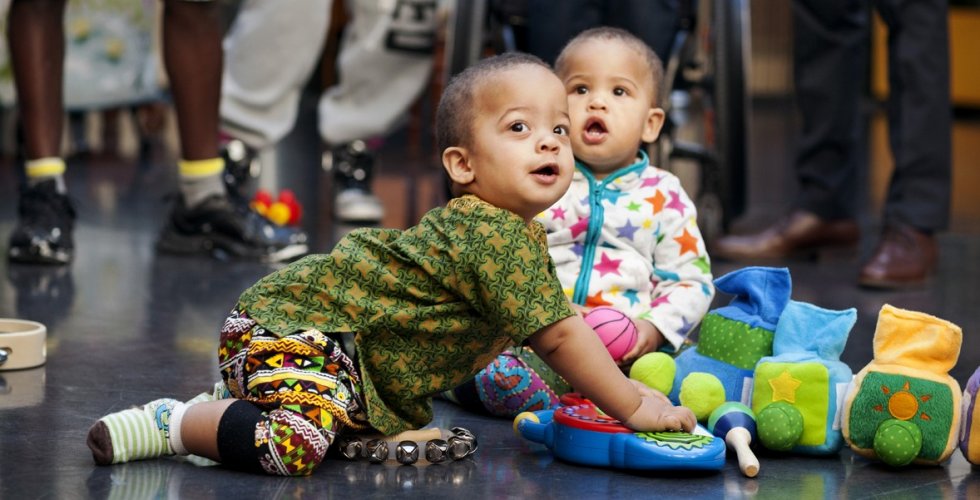
To become and be a parent
Many people have a wish to become a parent and the roads to parenthood can be different, especially for LGBTQ people. Do I want to become a parent with one or more people? Do I have the possibility of getting pregnant by myself and do I want to? What do laws and norms look like regarding LGBTQ people and parenthood? What opportunities do I have to become a parents?
Families with children may look very different and to choose a family constellation that suits you, you need information about practical courses of action and what your legal rights are. You also need information about what legal rights you don’t have and how to manage that. Regardless of how you’re planning to become a parent we hope that you find the information you need here.
Parenthood?
Oftentimes, when you speak of parenthood, many people think that parenthood means that an adult is genetically and legally connected to the child. We think parenthood is much more than that!
To be genetically linked to a child means that the person’s egg or sperm has conceived the child. To be a legal parent means that a person is registered as the child’s parent in the population register. To be genetically and/or legally connected to a child can be a part of a parenthood, but doesn’t have to be. It’s possible to call yourself the parent of a child without being genetically and legally connected to the child. It’s sometimes called social parenthood, i.e. that you are a present and caring parent in the child’s life.
It’s also fairly common that people are both genetically and legally connected to a child without being the child’s social parent. The reasons for this vary. It can be about another parent getting sole custody of the child after a separation, that you’ve never been interested in being a social parent to the child or that you for some reason lack the ability to be.
In those cases where children are conceived through donation of gem cells (eggs and sperm) it’s also common that people are the legal and social parents to children without being genetically connected to them. The same is of course true in adoption.
Different people think that different parts of parenthood are unequally important. Some think it’s important to be genetically connected to the children you are the parent of, while others think it’s not important at all. It differs. What we do know, however, is that all children need one or more adults that work as social parents and thereby have a caring function in the child’s life.
